Sustainable Agriculture and Rural Development
Agriculture and rural development are economically, ecologically and socially important for the Carpathian region, as agriculture and forestry are vital traditional occupations in the Carpathians. Thus, natural landscapes and cultural traditions have been heavily shaped by these industries and practices.
But since crop and livestock production reduced in 1990, human depopulation and farmland abandonment by younger generations have become key challenges for mountain communities. These challenges compound with the fact that mountain agriculture inherently has production and development constraints due to geographical isolation, less existing infrastructure, difficult climate conditions and fragile ecosystems.
However, agriculture and rural development have the potential to reduce rural poverty, diversify locals’ incomes, use local renewable resources and improve overall quality of life to these mountain regions. Article 7 of the Carpathian Convention requires the Parties to maintain sustainable and traditional agricultural practices, and cooperate on such policies based on local resources to protect natural and cultural heritage.
Pastoralism
Pastoralism is closely linked with ecological, social and economic aspects of sustainable development in the Carpathian region, and to specific topics covered by the Carpathian Convention: cultural heritage and traditional knowledge, maintaining biodiversity and ecosystem services, sustainable agriculture and rural development, sustainable tourism, as well as spatial development. Its cross-boundary nature also gives it regional significance. Threats to pastoralism are intrinsically linked to Carpathian mountainous areas, including effects of climate change, and other socio-economic transitions, including outmigration and land abandonment and loss of traditional knowledge, which can lead to loss of cultural landscapes.
Given the importance and intrinsic links of Pastoralist traditions in the Carpathians, the spotlight given to this topic by the UN and the envisioned 2026 International Year of Rangelands and Pastoralists provides an opportunity to assess the status, challenges and needs of pastoralism in the Carpathian region, while at the same time highlight the importance and contribution of the Carpathian region to this important practice at the international level.
Therefore, the Working Group on Sustainable Agriculture and Rural Development has prioritize the Carpathian pastoralism as a leading topic for its activities and decided to support a process of identifying and implementing relevant activities for cooperation within the framework of the International Year of Rangelands and Pastoralists.
Pastoralism in the Carpathians and the Carpathian Convention – background note
Related Working Groups and Initiatives
Protocols and related Strategic Documents
Selected Documents
Vienna Programme Office
Secretariat of the Carpathian Convention
UN Environmnent
Vienna International Centre
PO Box 500
A – 1400 Vienna
Tel: +43 1 260 60 83038
Mail: info.carpathianconvention@un.org
TOPICS:
Large Carnivores
Education for Sustainable Development
© Secretariat of the Carpathian Convention
POWERED BY:

